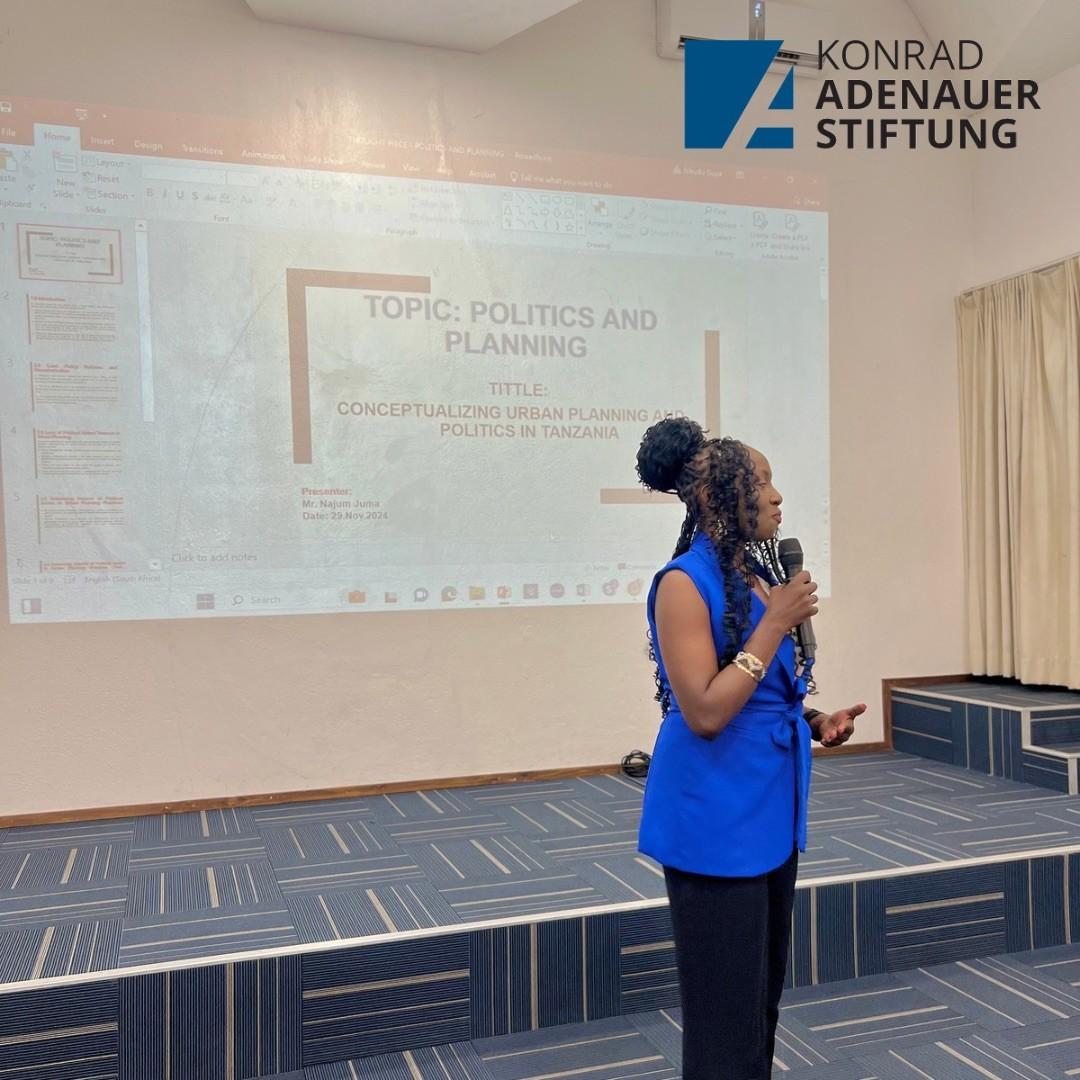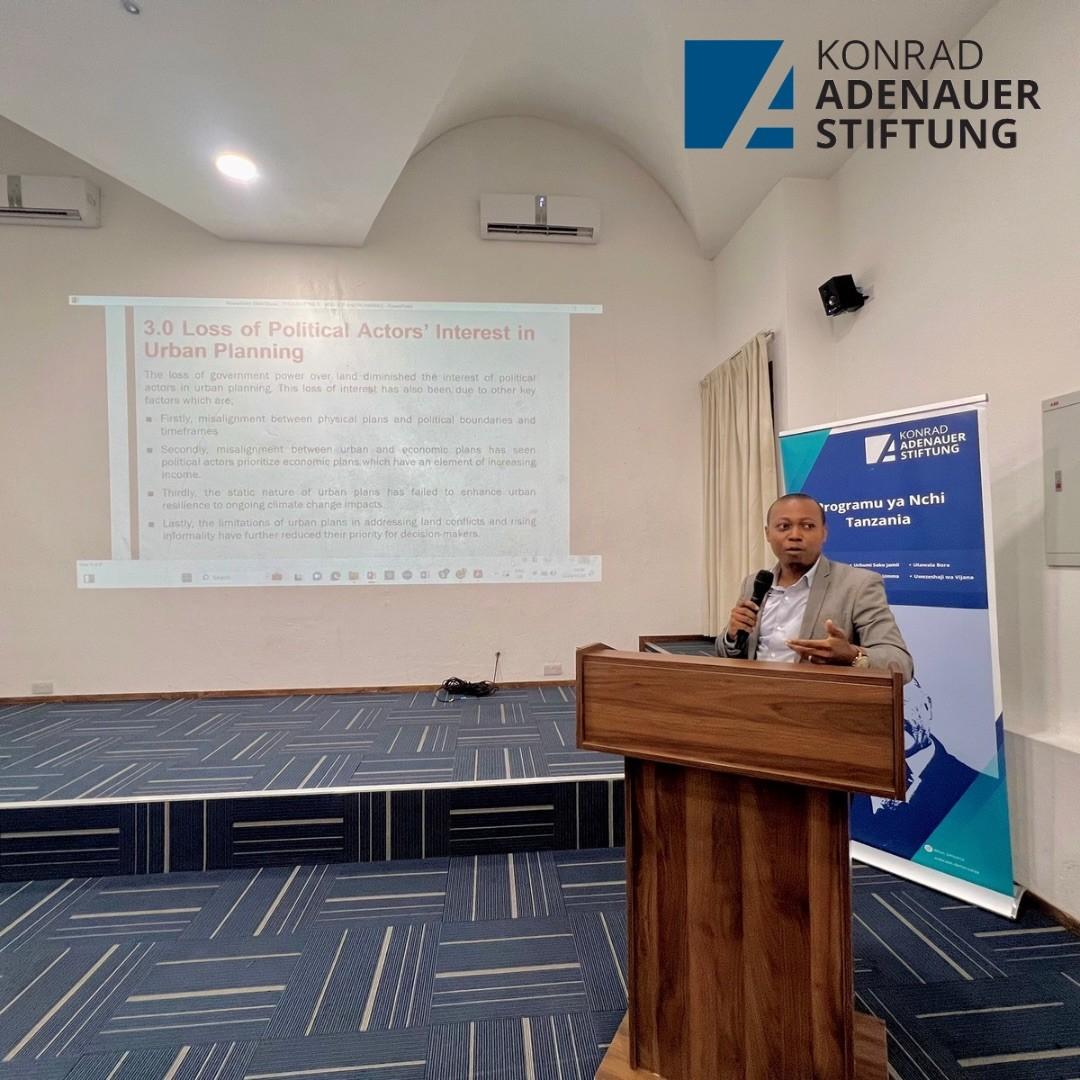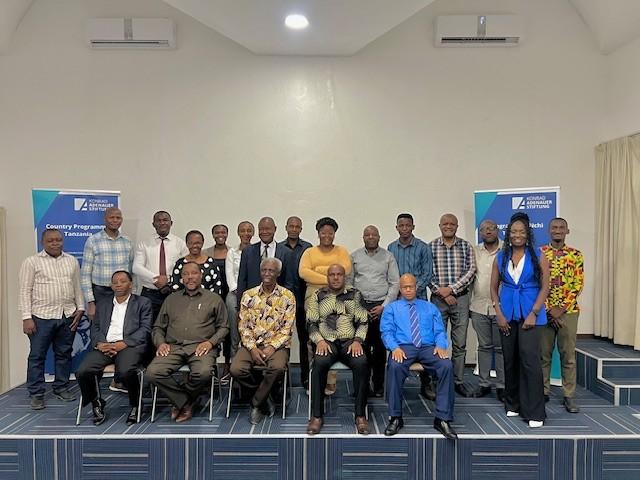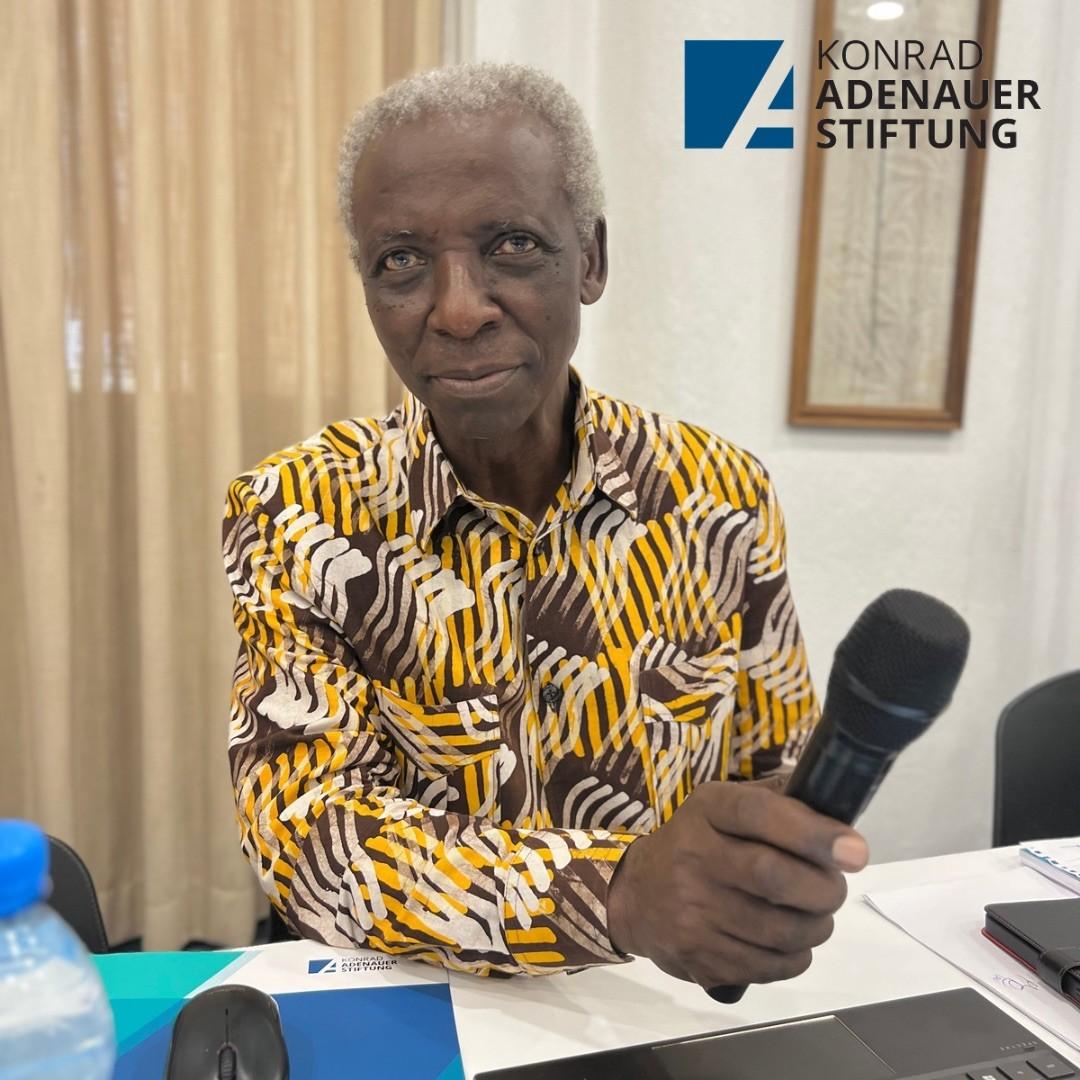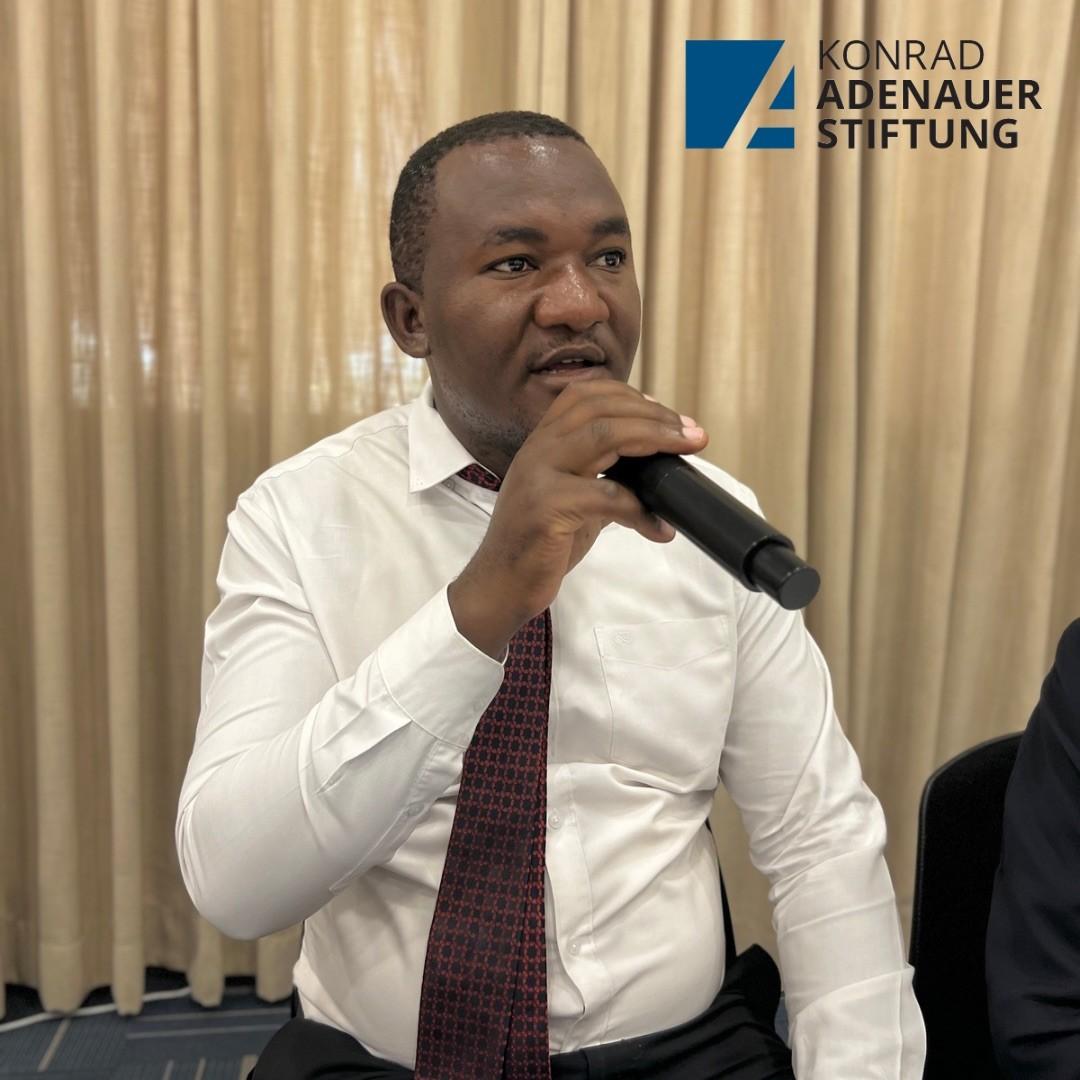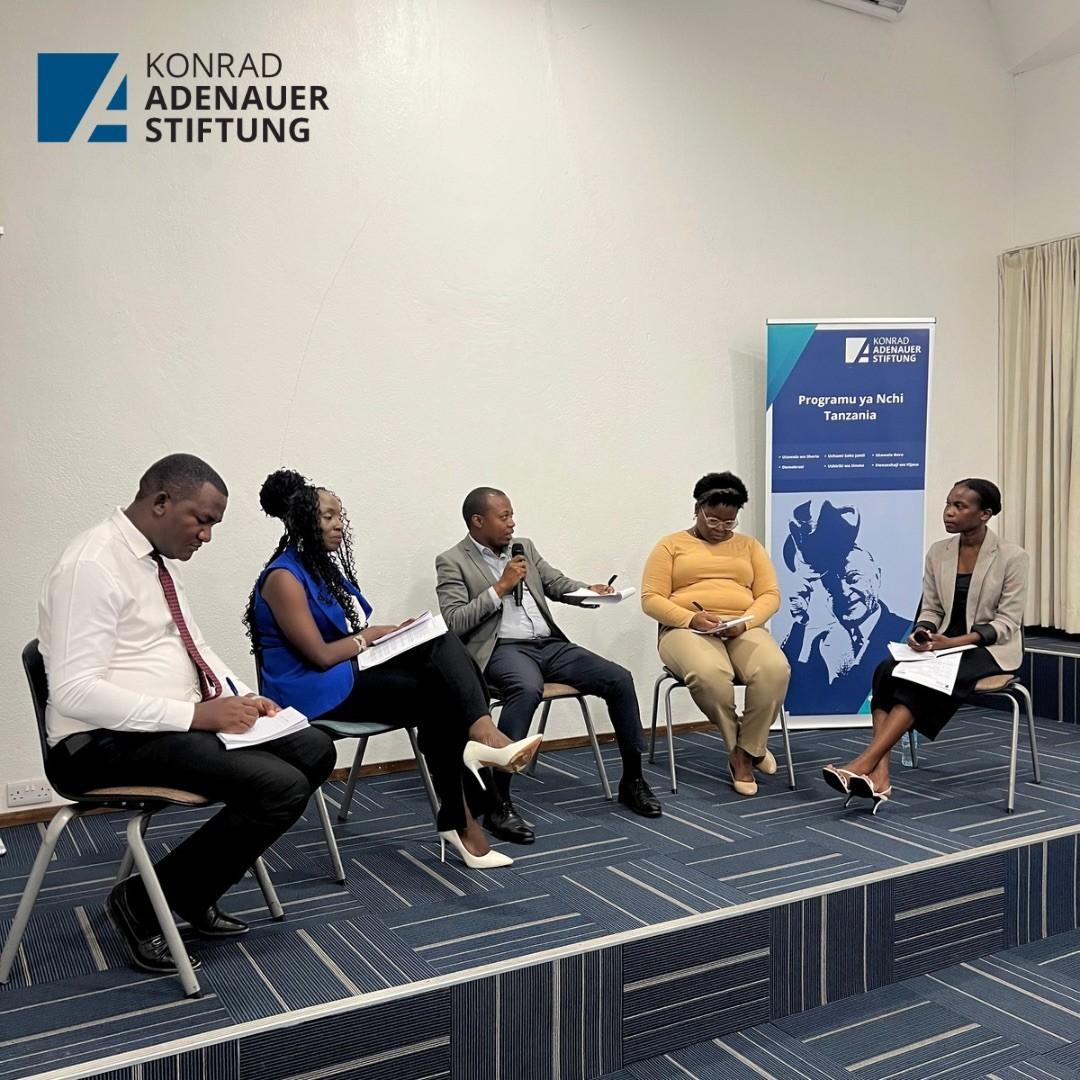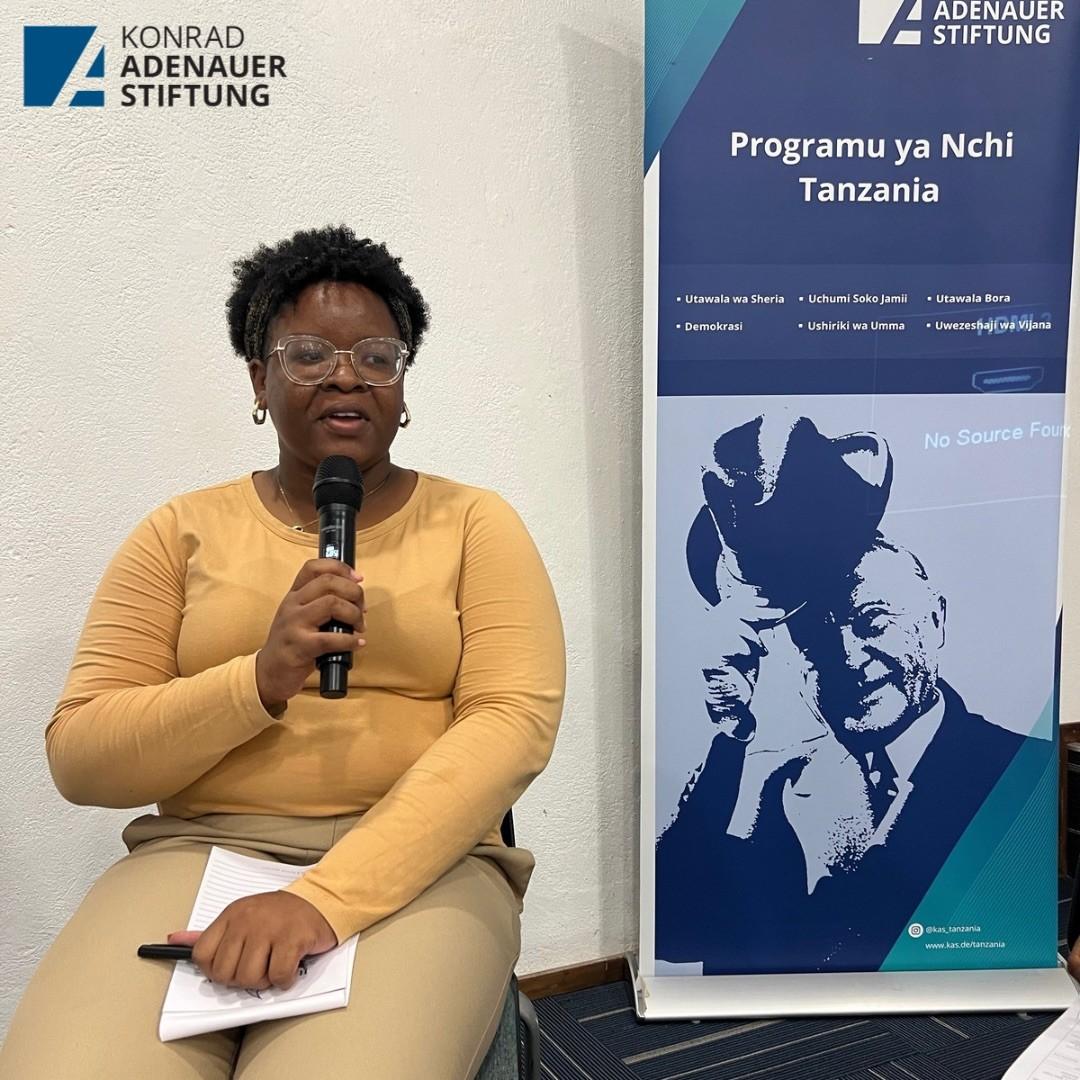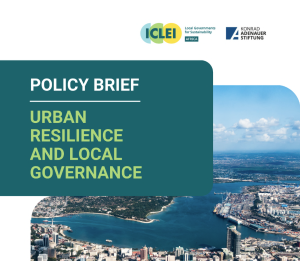This publication explores five key concepts, focusing on the following topics:
Conceptualising Politics and Planning in Tanzania
The conceptualisation of politics and urban planning practices in Tanzania is important to the discussion of local governance and urban resilience. Historical and current practice reveals the intricate relationship between politics and planning. Political actors are also decision makers involved in the preparation, financing and implementation of plans. Planning is a technical process but also a political process as the citizens who are beneficiaries of plans are centred in decision making about how they will live, work and play. Urban planning processes have over time been influenced and impacted by political actors. However, conflicting interests often exist between political actors and urban planning.
Informal Settlements in Tanzanian Cities: Addressing Resilience and Governance
Rapid urbanization and population growth in Tanzania are straining planning, land management, infrastructure, and service provision, leading to the growth of informal settlements. The country’s population is 44.6% urban, exceeding the continental average of 43.5% (UN-Habitat, 2020). About 70-80% of the urban population resides in informal areas, which make up 40-80% of built-up areas in cities, and are highly vulnerable to urban resilience issues. Over 60 years, the government has shifted from exclusionary to more inclusive strategies to address urban informality. This paper acknowledges that informal settlements are an integral part of the urban fabric, and from this perspective, examines these approaches in terms of governance and resilience.
Urban Food Systems and Planning: Growing Sustainable Cities for Tomorrow
Tanzanian cities face an urgent urban food security challenge due to high population growth. In developing countries like Tanzania, the poorest of the urban population spend up to 85% of their income on food, making it a key economic driver. The disparity in food expenditure particularly between rich and poor urban households highlights the need for urban planners to ensure food is affordable and accessible, especially for the poor. Urban food planning must prioritise affordability to provide equitable access to nutritious food for all residents.
Greening for Urban Resilience: The Case of Dodoma, Tanzania
African cities face rapid urbanisation and unplanned growth, threatening biodiversity particularly in peri-urban, rural, and conservation areas on urban fringes. Inner-city green open spaces, which serve as green lungs in the cities, providing ecosystem services, are often not neglected or encroached upon. Urban greening and green infrastructure should thus be at the centre of urban planning as a means of attaining urban resilience. Urban green infrastructure planning can buffer cities in the face of adverse impacts through the diverse delivery of ecosystem services, and provide climate change mitigation by producing a variety of ecosystem services and having a proactive multi-function and multi-discipline approach. Green infrastructure provides various socioeconomic and cultural benefits to help cities build resilience, including cleaner air and water, recreation spaces, flood protection, diverse habitats, and beautiful green spaces.
Community-Led Waste Management in Dar Es Salaam
Rapid population growth is leading to an increased demand for urban services. This is taking place at rates that are beyond the capacity of local governments. Furthermore, local governments have experienced challenges in providing services in informal settlements, leaving them excluded from the benefits of urban services. Service provision is a responsibility of local governments, and in Tanzania, the Constitution of the United Republic of Tanzania under Act no.14 advocates that “every person has the right to live and to the protection of his life by the society in accordance with the law”. Community mobilisation has proven effective in promoting alternative waste management practices in informal contexts. These practices should integrate with urban service delivery systems, support a circular economy, and align with national waste management policies. The points below capture a reflective conversation organisation through four key questions, unpacking waste management in Tanzania, providing insight into how community led processes offer value and require a different worldview to implement effectively.



